Bystander Effect or Bystander Apathy is a term in psychology that refers to the tendency of people to take no action in an emergency situation when others are present. This phenomenon is fairly common even when there is no emergency at all. I am not a betting person, but if I were, I could say with a high degree of certainty that you, dear reader, have also been party to this phenomenon and probably continue to be prey to this psychology in more than one area of your life.
The term Bystander Effect was coined by social psychologists, John Darley and Bibb Latane, who were teaching in NYC in the 1960’s when, the now infamous, Kitty Genovese murder occurred there.
This piece is dedicated to you – me – to all of us – cheers!!!
The larger the group, the more ignorance I feign and the less responsible I feel
Research says, the bystander effect and bystander apathy is most about
- Social inhibition
- Pluralistic ignorance
- Diffusion of responsibility
You can see this at play at a global level; whether it is with regard to climate change or to the seemingly insignificant remark about stereotyping “women” or “men” in conversations – “woman driver, what can you expect” or “men will be men” etc.
We the Bystanders, say nothing and do nothing
Instead, we pretend to know it all or know nothing; avert our eyes, laugh or smile off our discomfort; we make remarks that dismiss the situation, the other person or ourselves, in order to feel okay.
It isn’t my job – classic Bystander Apathy
I excuse myself of the responsibility in a multitude of ways. I have a battery of justifications and rationalizations that will put an army to shame. Either I’m not that brave, strong, stupid or connected to take action and be inconvenienced in any way; Or, I think the other person deserved it, asked for it, shouldn’t have done this or should have done that; and we can’t really expect my saying anything to have an impact; so why bother!
The three typical types of Bystander Apathy
I show up as a bystander innocuously, not stating my opinion or objection in a meeting even if I felt it. But since no one else is objecting I rationalise that there must not be a problem. This is Pluralistic Ignorance.
Or, I say nothing to a friend, who is making an unfair remark to her own child – it isn’t my business after all, you see! Even if it was done in my presence. I never say –“I don’t agree”, “that was rude or sexist or racist”. I never say “that was uncalled for or unnecessary” in a group of friends, strangers or colleagues because I don’t want to be the one to rock the boat, to stand out or, god forbid, draw attention to myself in anyway. This is Social Inhibition.
I don’t help the struggling mom with the screaming child or the old gentleman who is taking too much time in the grocery line. In more disturbing situations, I don’t report the child abuser, the wife-beater or the boss who harasses my colleague – ‘everyone’ knows about it, so ‘someone’ will take care of it. This is Diffusion of Responsiblity.
How does one not be a bystander? What could one do to come out of bystander apathy?
It isn’t that hard, you know; the buck stops here
- Start small – don’t smile or walk away, don’t respond to remarks that you would not make yourself or that you feel are uncalled for. If you don’t agree then don’t make it okay for someone else. I have friends for example, who got off whatsapp groups because there was a lot of women objectification.
- Have a set of ready made answers practiced for such situations – “Wow- that’s interesting that you think this way”; “I hear you, but it is not fitting for me”; “that isn’t true in all cases”; “that is such a sterotype”; “so not funny in this day and age” – if you can’t make a speech then don’t , but register your discomfort.
- Be proactive – Talk about it with someone else, seek resources, get the support that you need in order to tackle the situation. There will always be something you can do to help out – even if it is to support the one person who is doing something about it. Once you start, others will chip in – herd mentality, remember?
- Be brave – get in touch with your lion- heartedness. I know and you know, you have it in you. Our world needs more of us to “do the right thing”.
- Remind yourself – “When I say nothing or do nothing, I’m part of the problem” – maybe this thought will motivate you.
- Practice – expand to other areas.
Victim Change begins with us
If I act response-ably when another person requires help, I give permission to you to act responsibly too. This collective response is what makes for revolutions – each individual acting from a place of authentic care for another.
God knows, we need more care and kindness around us.
Please do leave your comments at the bottom and do share with others if you like this article.


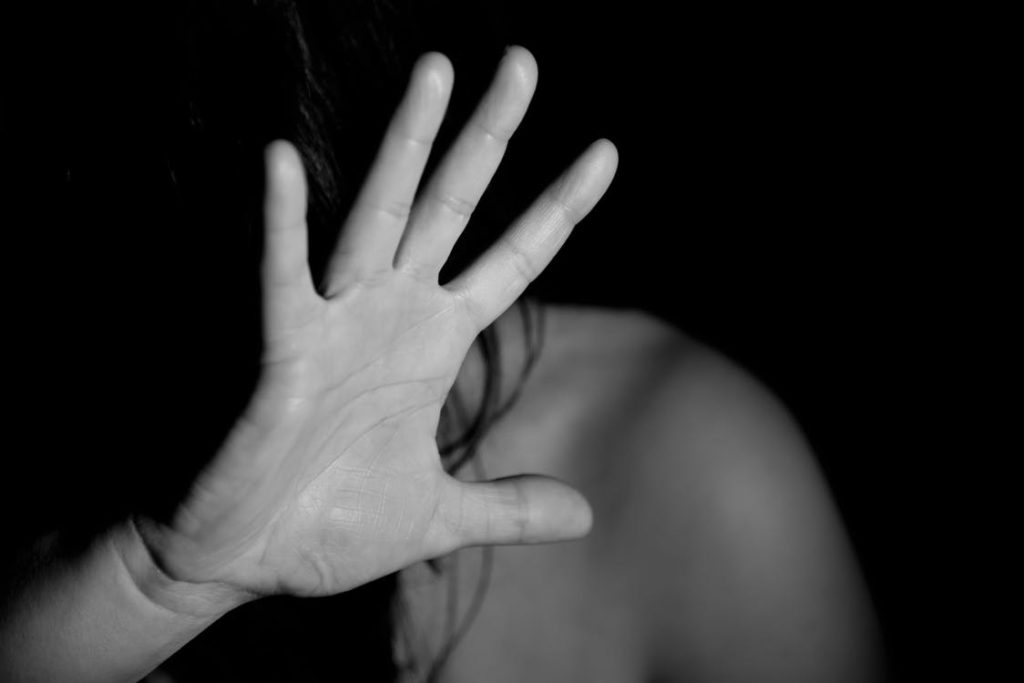





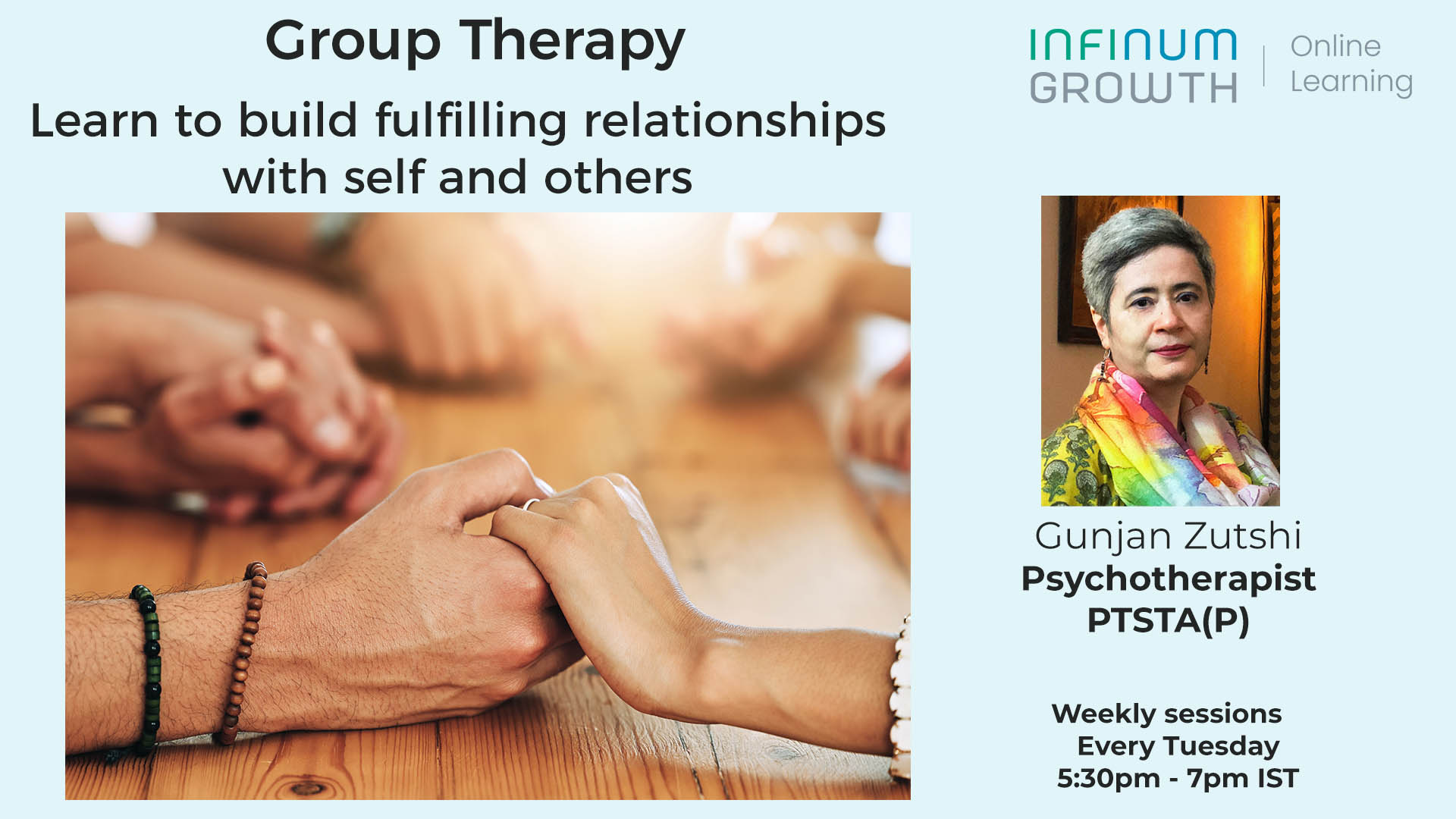




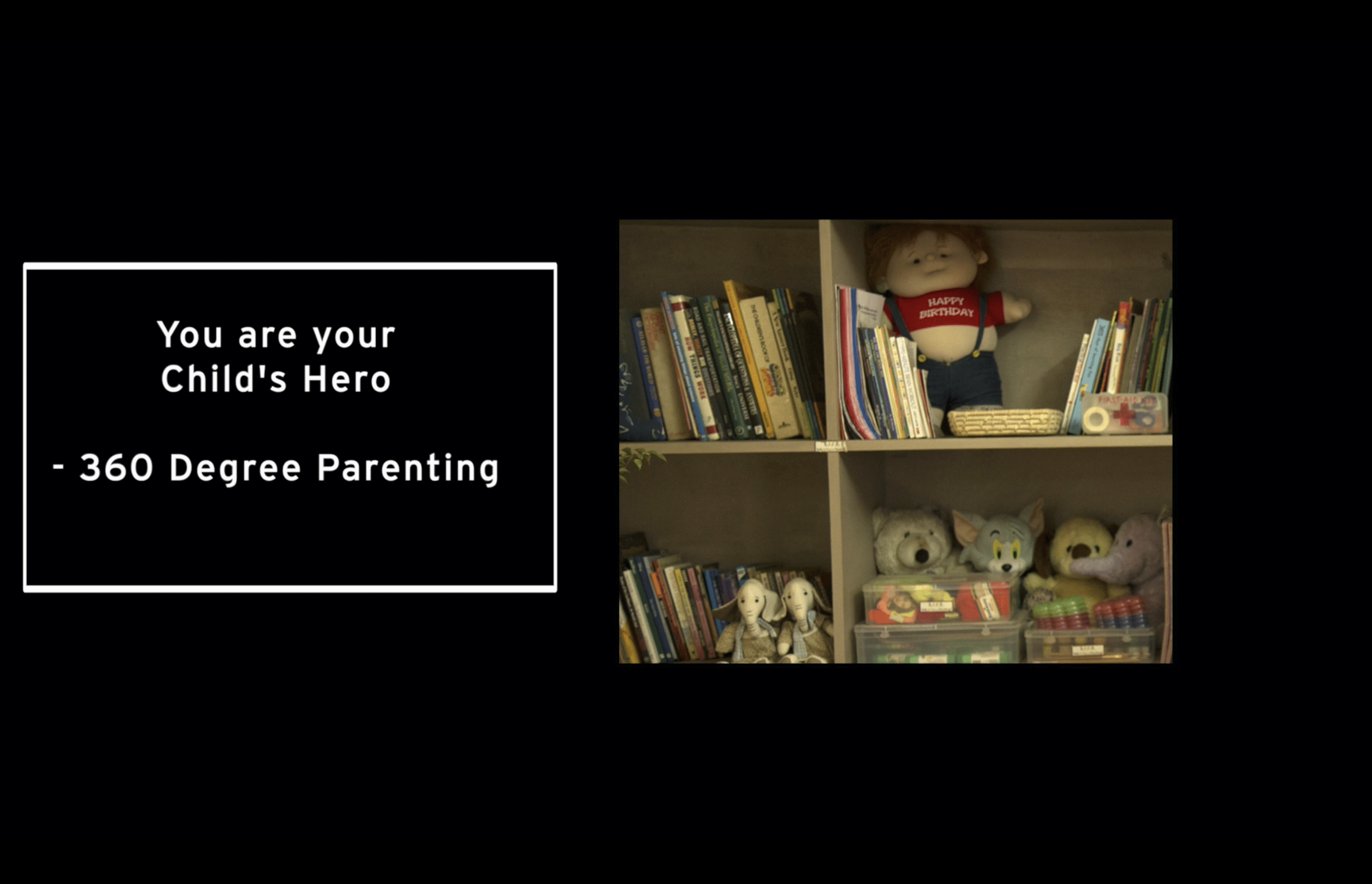
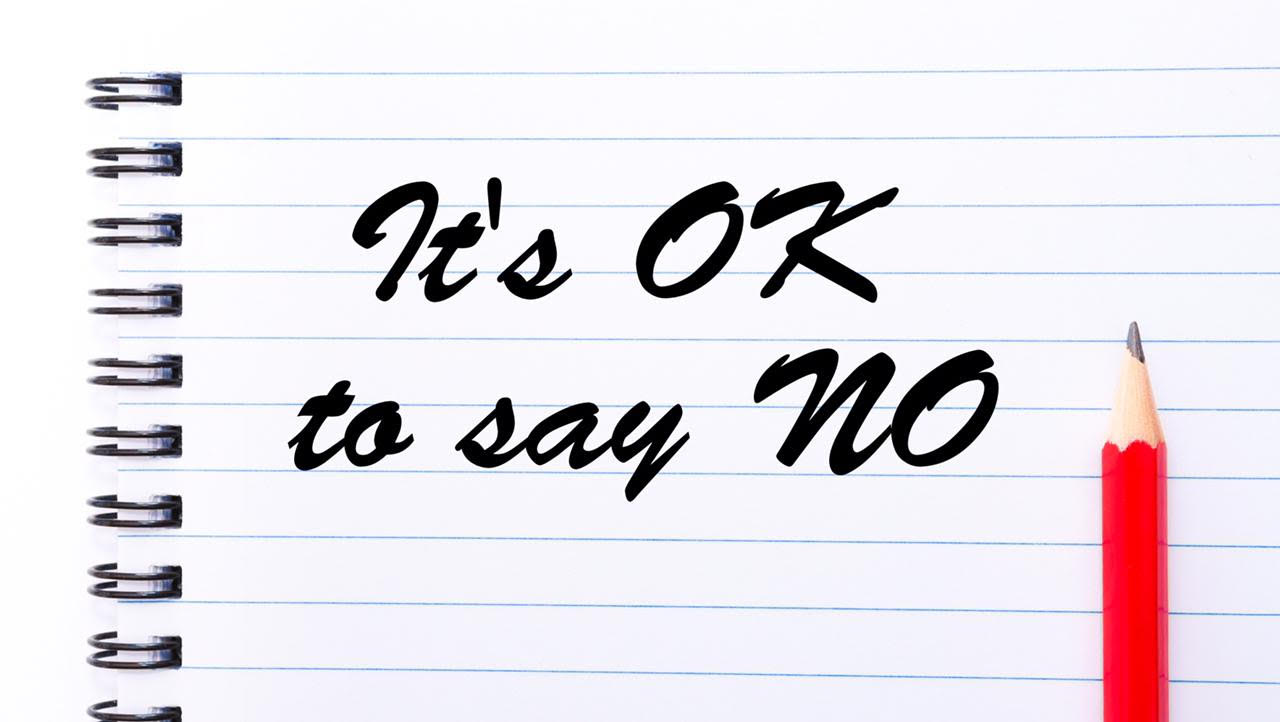
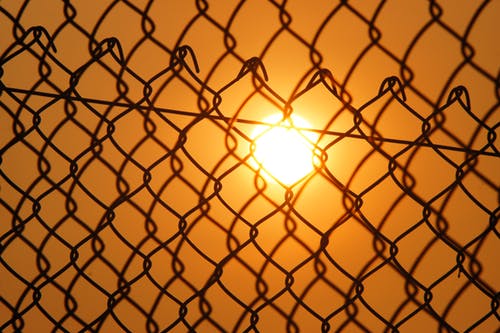
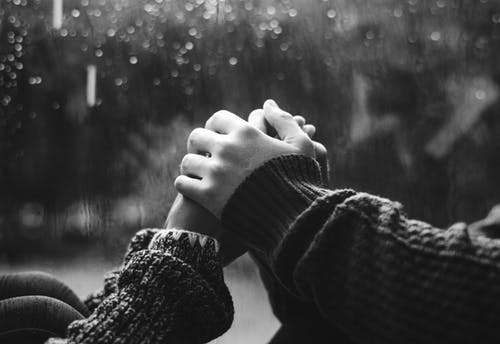


I believe what you have raised is very true and all of us at some point in our life are guilty of this, I can say for myself, I have been.
Your article was an eye opener and I plan to follow the points mentioned by you
Please do keep writing such articles, it was a pleasure to read